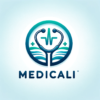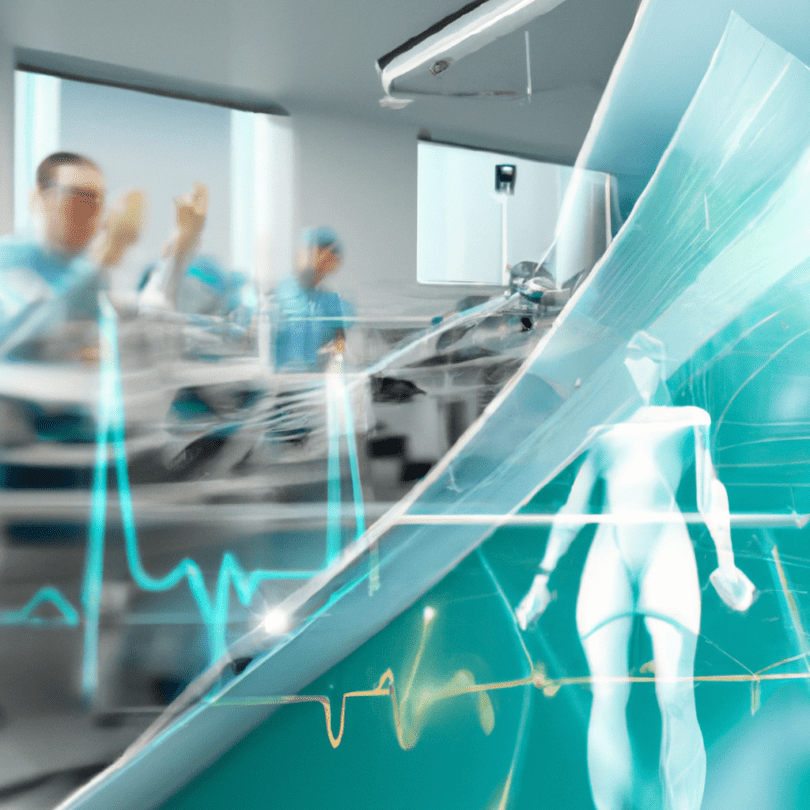In today’s fast-paced world, advancements in technology are revolutionizing various industries, and healthcare is no exception. One area where we can see these breakthroughs happening is in diagnostic technologies. In this blog post, we will explore some of the cutting-edge diagnostic technologies that are shaping the future of medicine.
1. Artificial Intelligence (AI) in Diagnostic Imaging:
AI has the potential to transform the field of diagnostic imaging by improving accuracy and efficiency. Machine learning algorithms can analyze medical images, such as X-rays, CT scans, and MRIs, to detect abnormalities or diseases at an early stage. These algorithms can learn from vast amounts of data and assist radiologists in making more accurate diagnoses. By reducing human error and speeding up the diagnostic process, AI has the power to revolutionize healthcare by providing timely and precise diagnoses.
2. Genomic Medicine and Next-Generation Sequencing:
Advancements in genomics have opened up new possibilities for personalized medicine. Next-generation sequencing (NGS) technologies allow researchers to quickly and cost-effectively sequence large portions of an individual’s genome. By analyzing an individual’s genetic information, doctors can identify predispositions to certain diseases, tailor treatments to specific genetic profiles, and predict potential drug reactions. Genomic medicine holds the promise of delivering more targeted and effective treatments, leading to improved patient outcomes.
3. Liquid Biopsy:
Traditionally, tissue biopsies have been the gold standard for diagnosing and monitoring cancer. However, the invasive nature of this procedure often limits its use. Enter liquid biopsies, a non-invasive alternative that could transform the way we approach cancer diagnosis and treatment. Liquid biopsies involve analyzing genetic material or biomarkers in bodily fluids such as blood or urine. These tests can detect the presence of tumor DNA or other cancer-related biomarkers, providing valuable information about tumor progression, response to treatment, and potential resistance mechanisms. Liquid biopsies have the potential to revolutionize cancer management by enabling earlier detection, monitoring treatment response in real-time, and guiding personalized treatment decisions.
4. Telemedicine and Remote Monitoring:
Telemedicine has gained tremendous popularity in recent years, especially in the wake of the COVID-19 pandemic. With the help of cutting-edge diagnostic technologies, doctors can now remotely monitor patients’ vitals, conduct virtual consultations, and even remotely diagnose a wide range of conditions. These advancements have expanded access to healthcare for millions of people, especially those in rural or remote areas. Telemedicine not only saves time and money for patients but also ensures that patients receive timely medical attention, leading to better health outcomes.
5. Wearable Technologies and Health Apps:
The widespread availability of wearable technologies, such as smartwatches and fitness trackers, has had a significant impact on the healthcare industry. These devices can collect a wealth of health-related data, including heart rate, sleep patterns, and exercise levels. Coupled with health apps, which provide user-friendly interfaces to analyze and interpret this data, individuals can now actively manage their health and well-being. These tools can help identify potential health issues early on and motivate individuals to make healthier lifestyle choices. As wearable technologies and health apps continue to evolve, they are expected to play a crucial role in disease prevention and management.
In conclusion, the future of medicine is being shaped by cutting-edge diagnostic technologies. From AI-assisted diagnostic imaging to genomic analysis, liquid biopsies, telemedicine, and wearable technologies, these advancements are transforming the way healthcare is delivered. By improving diagnostic accuracy, enabling personalized treatment approaches, and expanding access to care, these technologies have the potential to impact millions of lives around the world. As we move forward, it is essential to embrace and leverage these innovations to unlock the full potential of tomorrow’s medicine.

